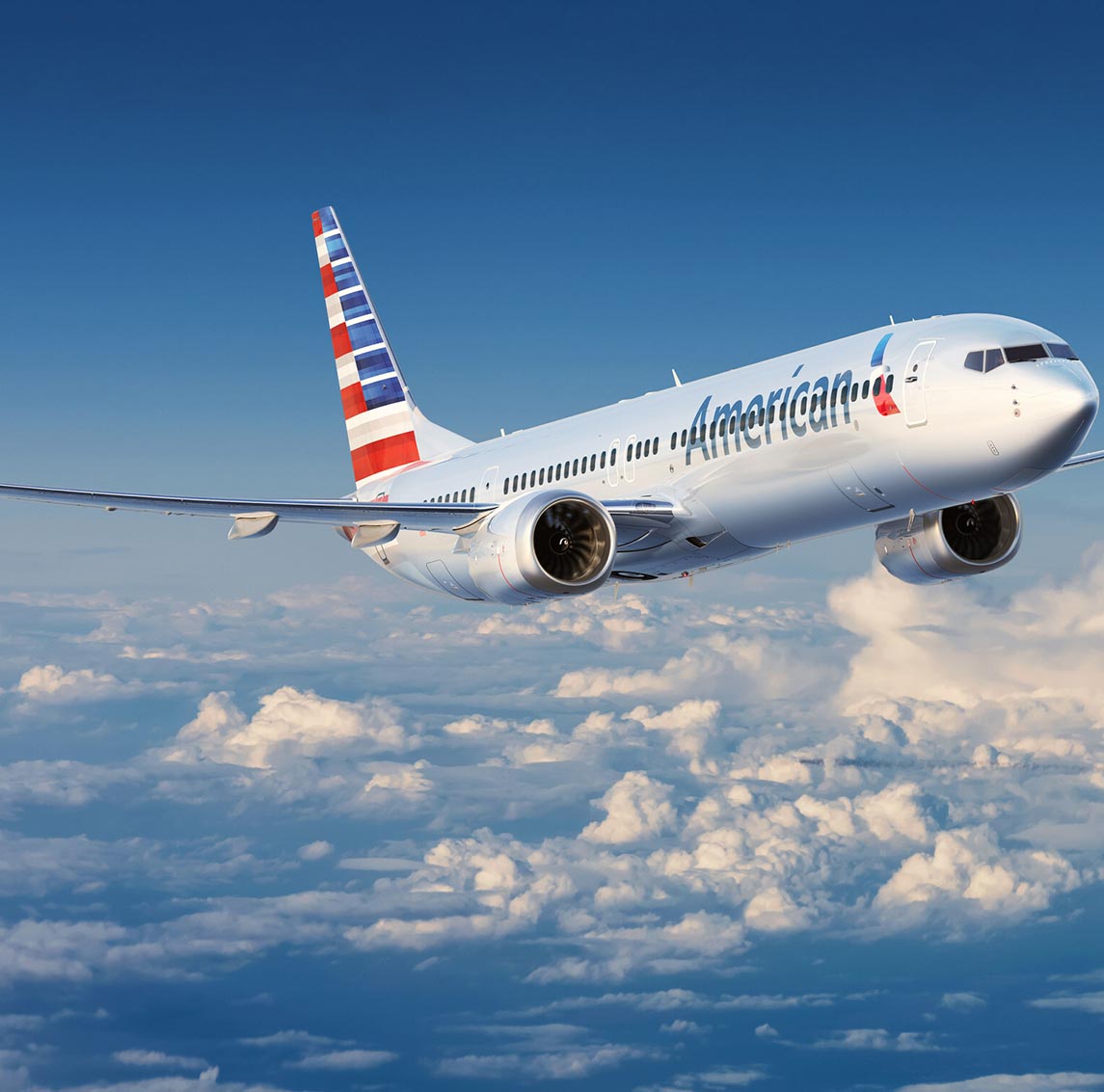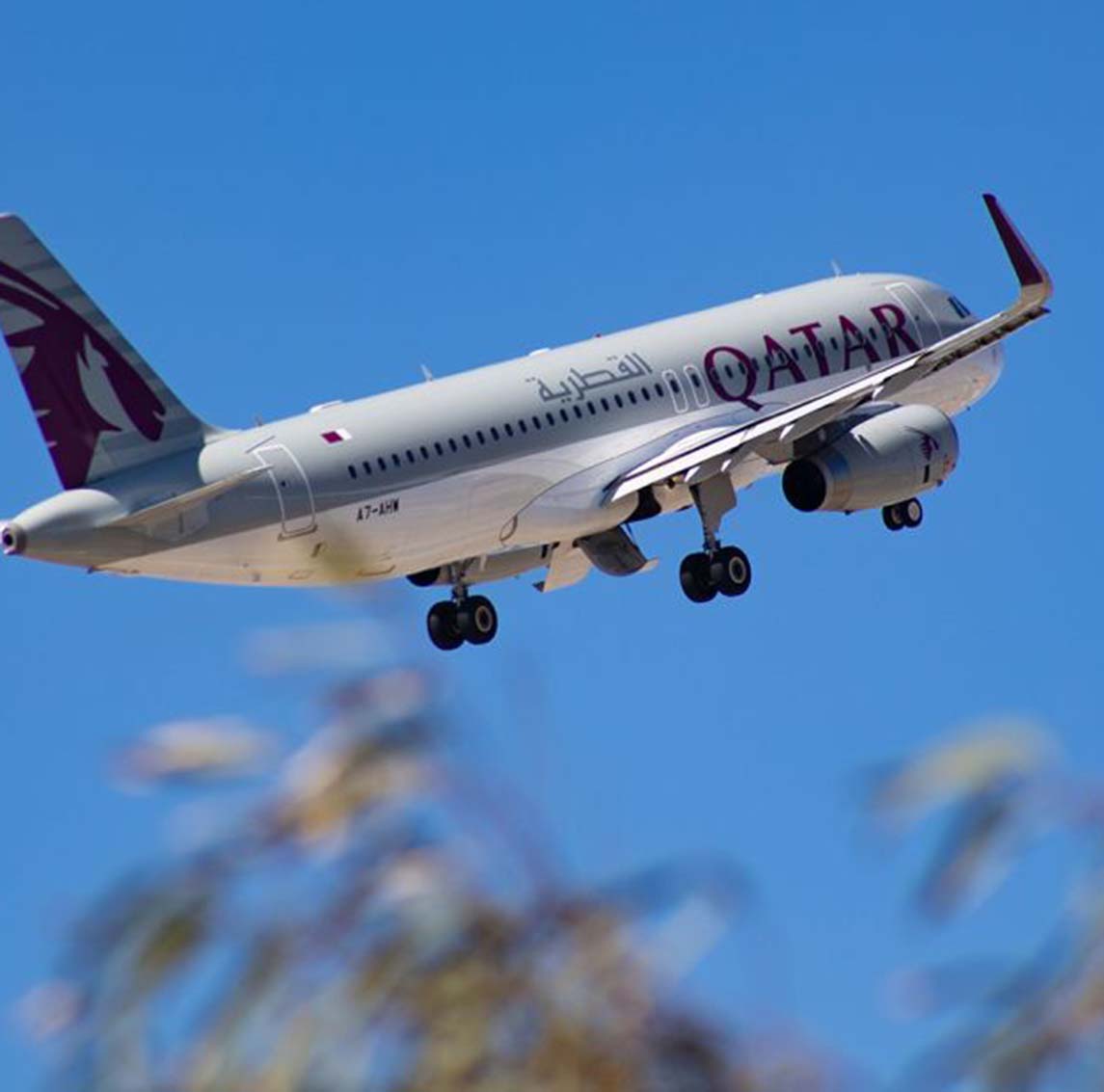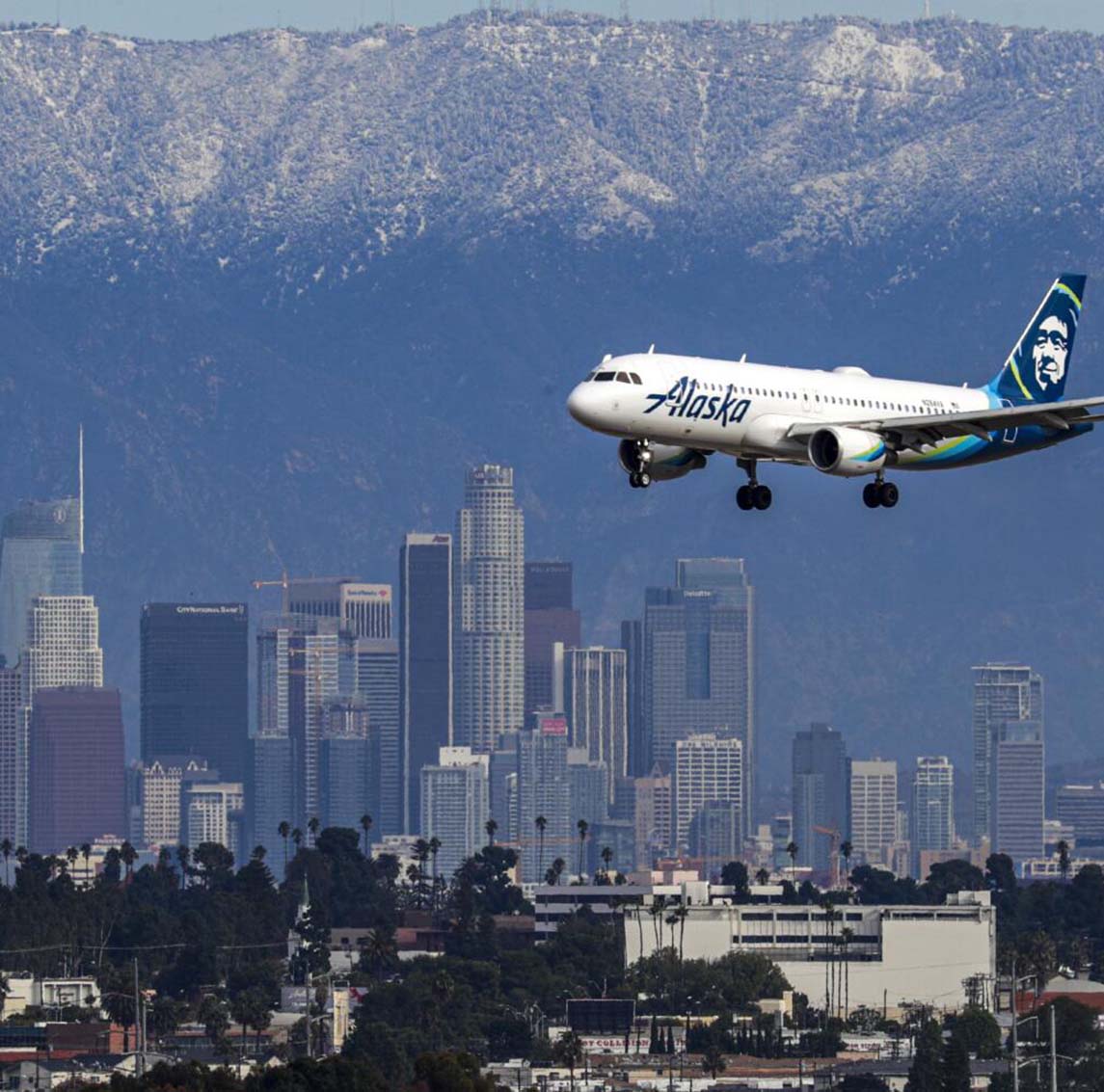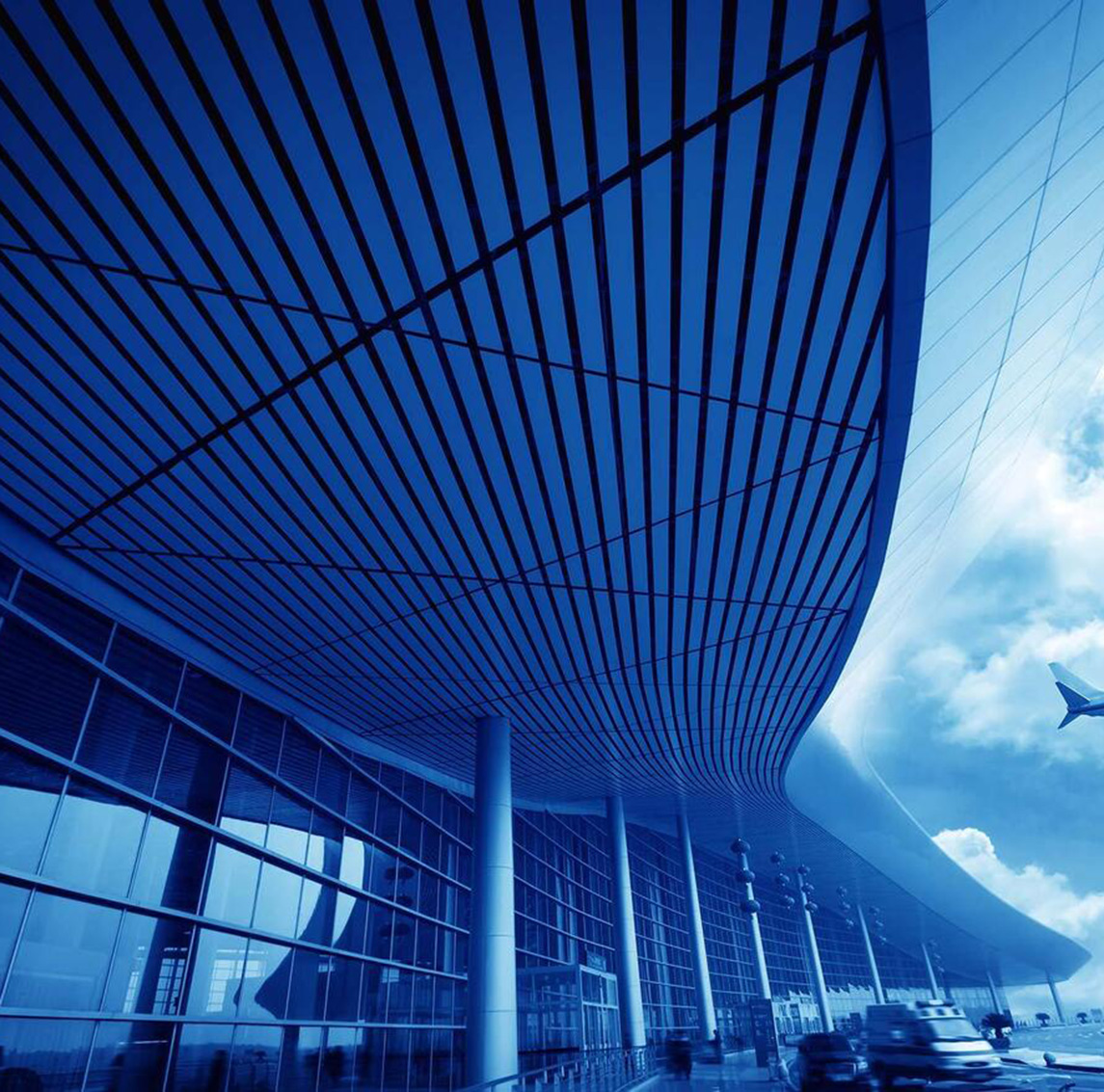Flying from New York to Jacksonville may not be an incredibly long journey, but choosing the right flight and planning a reasonable budget are crucial for ensuring a smooth, comfortable, and economical trip. Whether you are heading to Florida to enjoy its sunny beaches or explore its unique culture and food, planning your trip details, especially regarding flights and budget, will greatly enhance the comfort and enjoyment of your entire journey.
1. Flight Options: How to Fly from New York to Jacksonville?
1.1 Major Airlines and Flights
Flights between New York and Jacksonville are frequent, with several airlines offering direct services from New York’s major airports (such as JFK, LaGuardia, and Newark) to Jacksonville International Airport (JAX). Below are some key airlines and flight options:
- American Airlines: American Airlines offers direct flights from New York JFK to Jacksonville. Typically, flight times are about 2 hours and 30 minutes, and they have flexible flight schedules catering to various travel needs.
- Delta Airlines: Delta Airlines is also a popular choice, especially for direct flights from LaGuardia Airport to Jacksonville. Delta is known for its comfortable services, making it a great option for longer flights.
- JetBlue Airways: As a low-cost carrier, JetBlue offers affordable direct flights from multiple New York airports (primarily JFK and LaGuardia) to Jacksonville. This is a great option for travelers on a budget.
- United Airlines: United Airlines provides flights from Newark International Airport to Jacksonville. While their prices may be slightly higher than low-cost carriers, United Airlines is favored by business travelers for its flight times and services.
1.2 Direct Flights vs. Connecting Flights?
Direct flights from New York to Jacksonville are very convenient, with flight times generally ranging between 2.5 to 3 hours. This is ideal for those who want to minimize travel time, avoid any hassle of changing flights, and get straight to their destination. If you’re pressed for time or want to avoid wasting time during layovers, direct flights are undoubtedly the best option, as they allow you to maximize your time in Jacksonville.
However, if you’re particularly sensitive to ticket prices or can tolerate a longer travel time, connecting flights can significantly lower your costs. Some flights might connect through cities like Atlanta, Charlotte, or other major hubs. While this may extend the overall journey by a few hours, the ticket prices are often more affordable compared to direct flights. If you don’t mind the extra travel time and enjoy the flexibility of finding cheaper fares, connecting flights are a solid budget-friendly choice. Additionally, sometimes, connecting flights offer the opportunity to explore another city briefly during the layover, which can add a unique experience to your trip.
1.3 Flight Times and Best Departure Times
Typically, flight times from New York to Jacksonville are about 2.5 hours, but the actual duration may vary depending on the route and weather conditions. Flight times are usually consistent throughout the day, so flexibility is key when choosing your flight. It’s generally recommended to choose morning or midday flights. These time slots are less likely to experience delays, as they often avoid the ripple effect of delays caused by earlier flights. Additionally, by choosing flights in the morning, you ensure a timely arrival in Jacksonville, giving you ample time to adjust, explore, and even enjoy a relaxing evening. Morning and midday flights can also be less crowded, providing a more pleasant flying experience, especially during peak travel times.
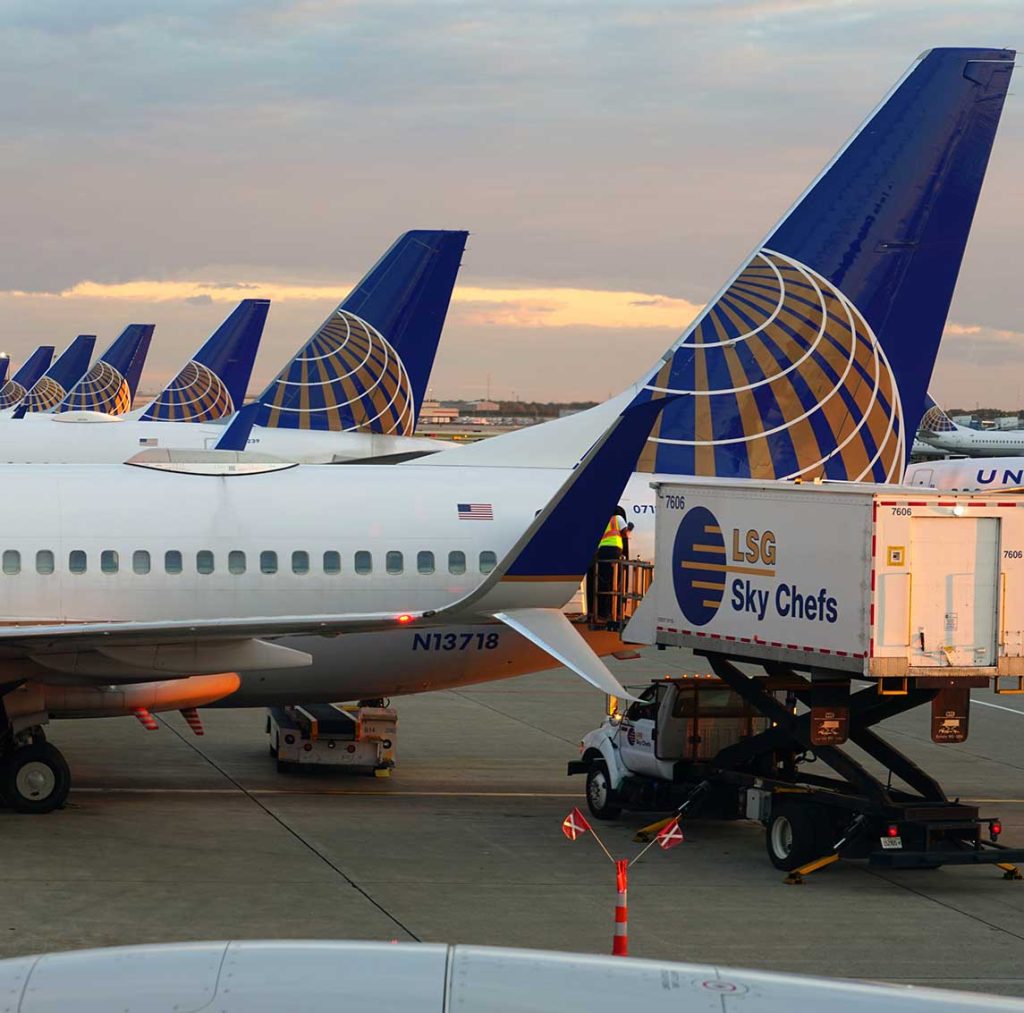
1.4 Factors Influencing Flight Prices
Flight prices fluctuate due to multiple factors, such as departure dates, how far in advance you book, and seasonal demand. For instance, flying during peak holiday seasons or summer months can result in higher ticket prices due to increased demand. Generally speaking, booking your flight in advance will help you secure a better price, particularly during off-peak seasons like early spring or fall. I recommend starting to monitor prices at least 1-2 months ahead of time to give yourself a broader range of options. Additionally, use flight comparison websites (like Skyscanner, Kayak, or Google Flights) to track price changes and alert you when prices drop. Another tip is to sign up for airline newsletters or follow them on social media, as they sometimes release flash sales or discounts.
2. How to Manage Your Travel Budget?
2.1 Choosing the Right Class and Airline
Flight prices often vary depending on class, airline, and the timing of your booking. If you’re on a tight budget, opting for a low-cost airline (like JetBlue) or booking economy class tickets is the most affordable option. These airlines typically offer competitive prices without sacrificing basic comfort and service. However, for travelers with more flexible budgets, upgrading to business or first class offers not just additional comfort, but also priority services like expedited security and premium lounge access. This can make your journey much smoother and more enjoyable. If you’re flexible with your travel dates, use the flexible dates feature on booking platforms to pick the lowest-priced travel periods, which will help you save a considerable amount on your ticket. Additionally, keep an eye out for special promotions and discounts that some airlines may offer to help you save money and upgrade your experience.
2.2 Calculating Your Flight Budget
When calculating your flight budget, remember to include additional costs such as baggage fees, seat selection fees, meal charges, and other add-ons that may arise. While low-cost airlines may offer cheaper base fares, they often charge extra for services that are included in the ticket price of full-service airlines. For instance, many low-cost carriers charge for checked luggage and for selecting a seat in advance. Be sure to check the fine print before booking to ensure that your final budget stays within your expectations. To avoid unexpected expenses, consider the total cost of your flight, including these extra fees, and compare the overall price to that of other airlines that may include additional services within their ticket price. This approach ensures that you make an informed decision that balances both price and value.
2.3 Booking in Advance and Flexible Dates
Booking your flight early is one of the most effective ways to secure discounts. On average, booking 2-3 months in advance provides you with the best chances of finding the lowest fares. This allows airlines to offer early-bird prices while ensuring you have a wider selection of flight times. Being flexible with your departure and return dates also allows you to avoid high prices during peak travel periods, such as holidays and weekends. Try to avoid traveling on Fridays and Sundays, as these are typically peak business and travel days, and ticket prices are usually higher. By shifting your travel dates slightly to weekdays or off-peak seasons, you can take advantage of lower fares and avoid the stress of crowded flights.
2.4 Considering Additional Fees
Many flights come with additional service fees, such as for selecting a seat in advance, extra baggage, or in-flight meals. These can add up quickly, especially with low-cost carriers. If you have a higher budget, opting for these extra services can enhance your comfort during the flight, especially on longer journeys. However, if you’re on a tighter budget, it’s wise to selectively purchase these services based on your specific needs. For example, you may choose free checked baggage rather than paying extra for it, or select complimentary snacks instead of purchasing a full meal on board.
3. Transportation and Accommodation Budget in Jacksonville
3.1 Transportation in Jacksonville
Once you arrive at Jacksonville International Airport (JAX), getting around is easy. The airport is approximately 18 kilometers from the city center, and taking a taxi or ridesharing service (like Uber or Lyft) is very convenient. The trip takes around 20-30 minutes and costs about $25-35.
For a more budget-friendly option, consider using public transportation. Jacksonville’s JTA bus system covers most areas of the city, but you’ll need to plan routes and schedules accordingly.
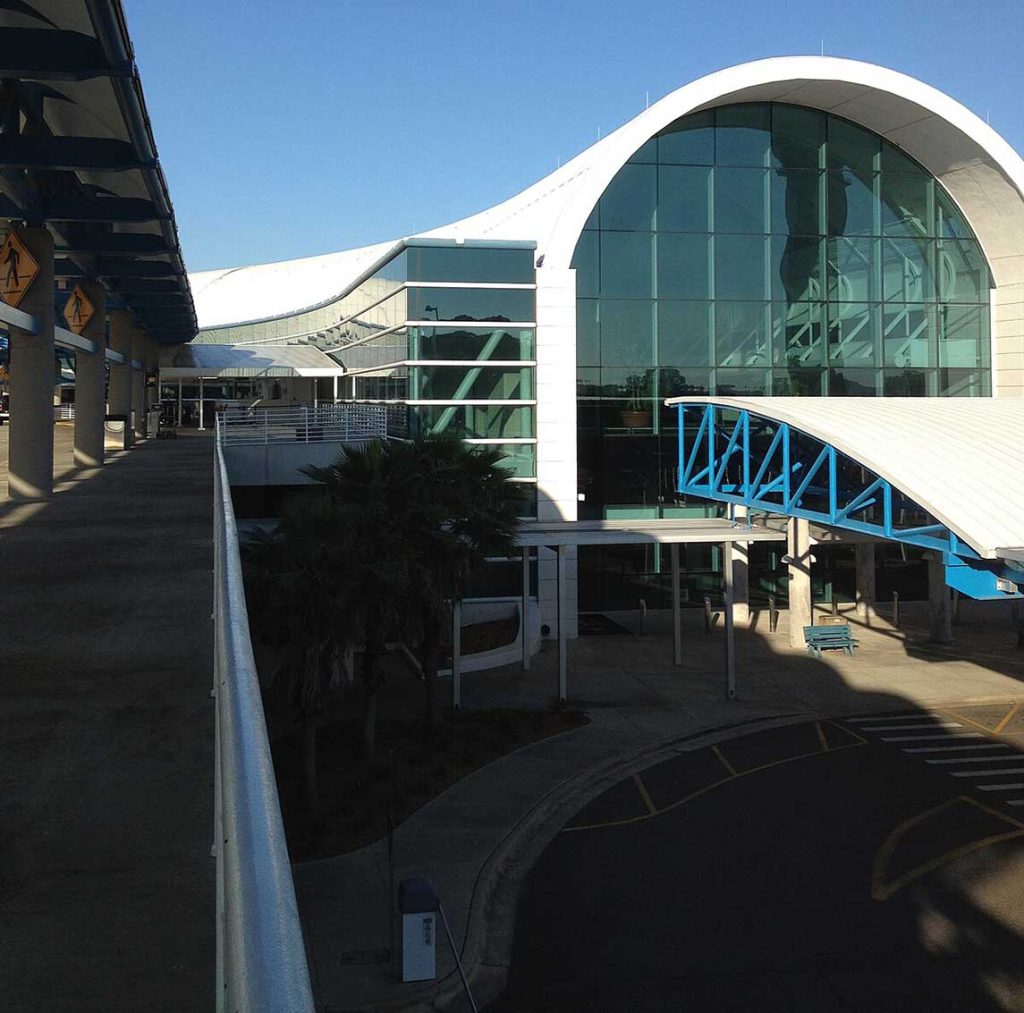
3.2 Accommodation Budget
Jacksonville offers a wide range of accommodations, from budget hotels to luxurious resorts. For those on a tight budget, you can find affordable options like budget hotels or Airbnb rentals, with prices typically ranging from $60-120 per night. If you prefer more comfort and convenience, mid-range hotels in the city center or beachfront areas usually cost around $150-300 per night. For travelers with a higher budget, luxury hotels may cost even more, but they offer top-notch amenities and services.
3.3 Dining and Activity Budget
Jacksonville has a wide variety of dining options, from street food to fine dining. Simple fast food meals typically cost around $10-15, while meals at mid-range restaurants range from $20-50. If you’re planning to dine at a seafood restaurant near the beach, prices may be a bit higher.
As for activities, Jacksonville has many free natural attractions like beaches and parks, while some paid attractions, such as museums, zoos, and aquariums, generally cost between $15-30.
4. Plan Smart, Travel Easy
With the wide variety of flight options from New York to Jacksonville, you can choose the airline and class that best suit your budget, time, and preferences. By planning your flights, accommodation, and activity budgets in advance, you can save on travel expenses while ensuring an enjoyable and comfortable trip.
Using flight comparison platforms (such as Skyscanner, Kayak, and Google Flights) can help you quickly find the best deals. Combined with information on Jacksonville’s transportation and accommodation, you can effectively plan your entire itinerary and ensure a smooth and enjoyable trip.
